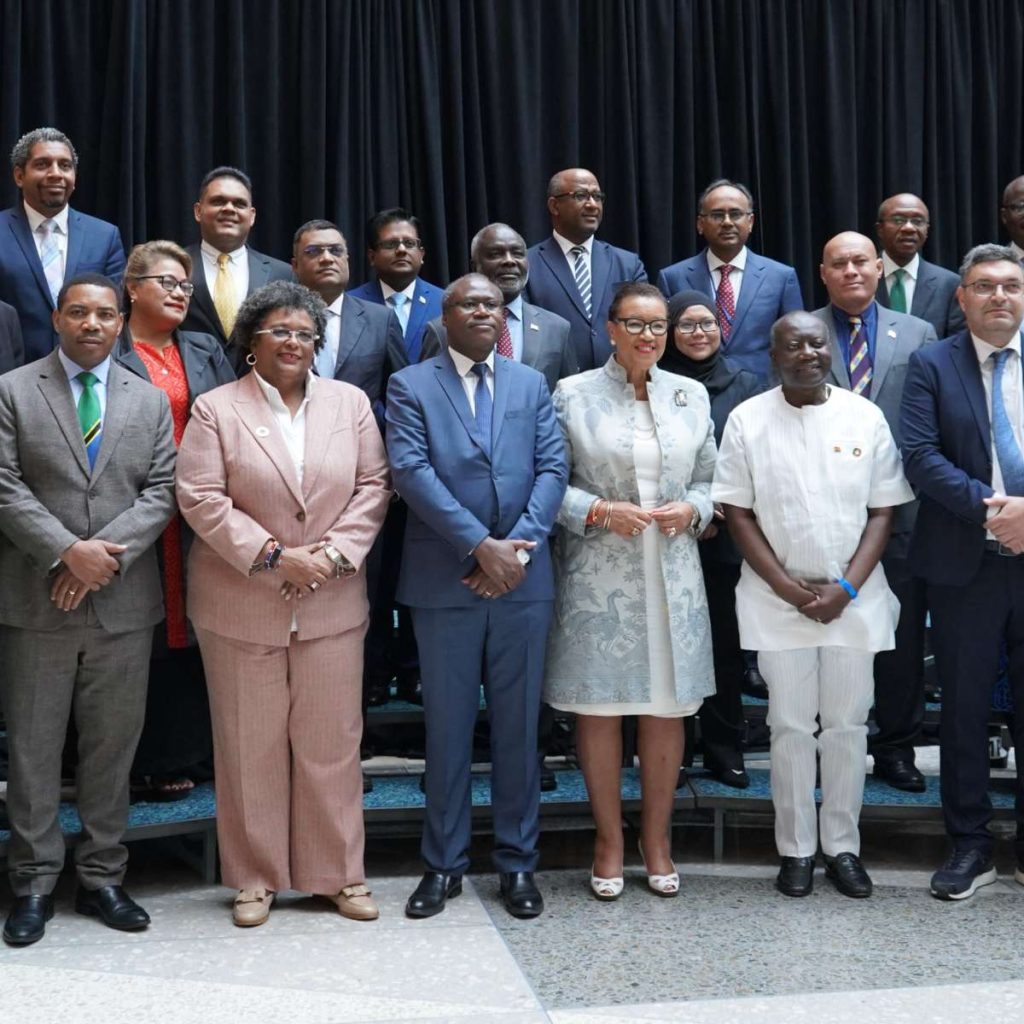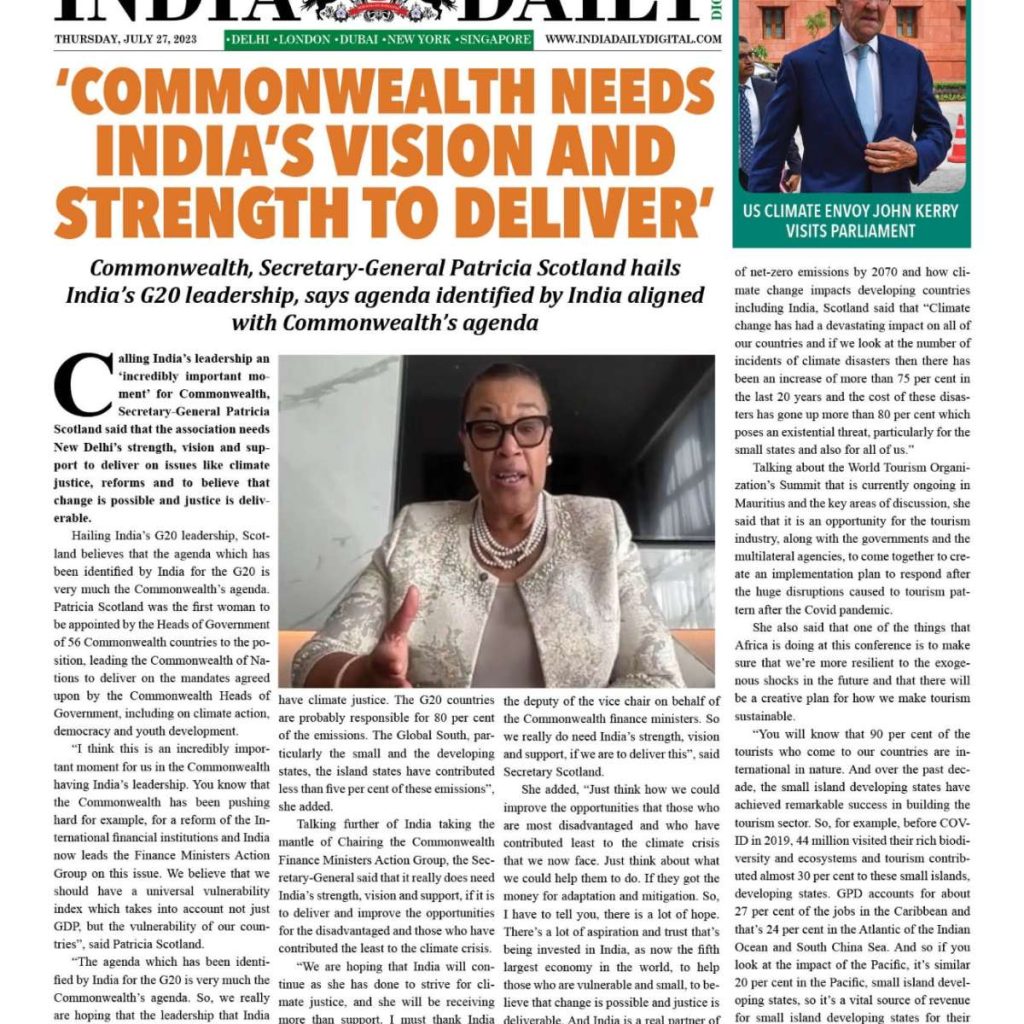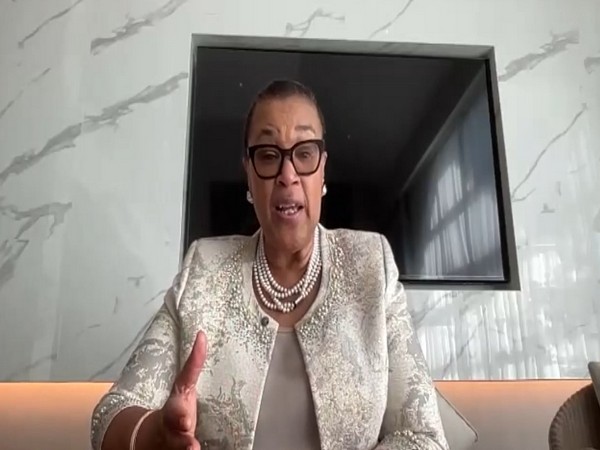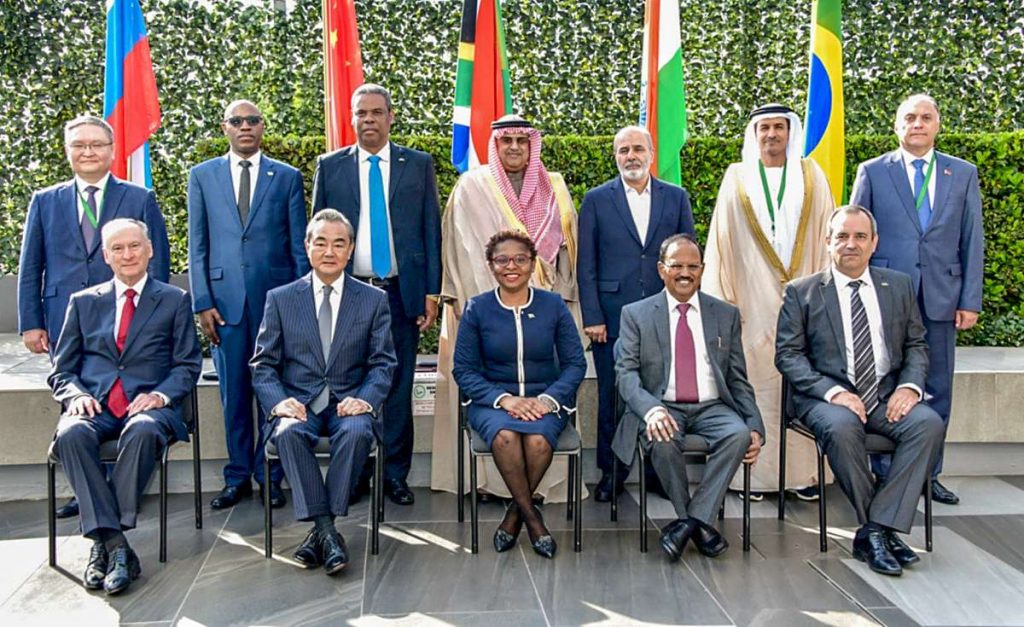Commonwealth, Secretary-General Patricia Scotland hails India’s G20 leadership, says agenda identified by India aligned with Commonwealth’s agenda…reports Asian Lite News
Calling India’s leadership an ‘incredibly important moment’ for Commonwealth, Secretary-General Patricia Scotland said that the association needs New Delhi’s strength, vision and support to deliver on issues like climate justice, reforms and to believe that change is possible and justice is deliverable.
Hailing India’s G20 leadership, Scotland believes that the agenda which has been identified by India for the G20 is very much the Commonwealth’s agenda. Patricia Scotland was the first woman to be appointed by the Heads of Government of 56 Commonwealth countries to the position, leading the Commonwealth of Nations to deliver on the mandates agreed upon by the Commonwealth Heads of Government, including on climate action, democracy and youth development.

“I think this is an incredibly important moment for us in the Commonwealth having India’s leadership. You know that the Commonwealth has been pushing hard for example, for a reform of the International financial institutions and India now leads the Finance Ministers Action Group on this issue. We believe that we should have a universal vulnerability index which takes into account not just GDP, but the vulnerability of our countries”, said Patricia Scotland.
“The agenda which has been identified by India for the G20 is very much the Commonwealth’s agenda. So, we really are hoping that the leadership that India has shown will enable us to deliver on a number of issues. For example, we know that we need climate finance if we are to have climate justice. The G20 countries are probably responsible for 80 per cent of the emissions. The Global South, particularly the small and the developing states, the island states have contributed less than five per cent of these emissions”, she added.
Talking further of India taking the mantle of Chairing the Commonwealth Finance Ministers Action Group, the Secretary-General said that it really does need India’s strength, vision and support, if it is to deliver and improve the opportunities for the disadvantaged and those who have contributed the least to the climate crisis.
“We are hoping that India will continue as she has done to strive for climate justice, and she will be receiving more than support. I must thank India for taking up the mantle of chairing this Commonwealth finance ministers Action Group, which is supported by Nigeria as the deputy of the vice chair on behalf of the Commonwealth finance ministers. So we really do need India’s strength, vision and support, if we are to deliver this”, said Secretary Scotland.
She added, “Just think how we could improve the opportunities that those who are most disadvantaged and who have contributed least to the climate crisis that we now face. Just think about what we could help them to do. If they got the money for adaptation and mitigation. So, I have to tell you, there is a lot of hope. There’s a lot of aspiration and trust that’s being invested in India, as now the fifth largest economy in the world, to help those who are vulnerable and small, to believe that change is possible and justice is deliverable. And India is a real partner of choice for so many in our Commonwealth who need India’s help and her support”.
Speaking further about India’s goal of net-zero emissions by 2070 and how climate change impacts developing countries including India, Scotland said that “Climate change has had a devastating impact on all of our countries and if we look at the number of incidents of climate disasters then there has been an increase of more than 75 per cent in the last 20 years and the cost of these disasters has gone up more than 80 per cent which poses an existential threat, particularly for the small states and also for all of us.”
Talking about the World Tourism Organization’s Summit that is currently ongoing in Mauritius and the key areas of discussion, she said that it is an opportunity for the tourism industry, along with the governments and the multilateral agencies, to come together to create an implementation plan to respond after the huge disruptions caused to tourism pattern after the Covid pandemic.

She also said that one of the things that Africa is doing at this conference is to make sure that we’re more resilient to the exogenous shocks in the future and that there will be a creative plan for how we make tourism sustainable.
“You will know that 90 per cent of the tourists who come to our countries are international in nature. And over the past decade, the small island developing states have achieved remarkable success in building the tourism sector. So, for example, before COVID in 2019, 44 million visited their rich biodiversity and ecosystems and tourism contributed almost 30 per cent to these small islands, developing states. GPD accounts for about 27 per cent of the jobs in the Caribbean and that’s 24 per cent in the Atlantic of the Indian Ocean and South China Sea. And so if you look at the impact of the Pacific, it’s similar 20 per cent in the Pacific, small island developing states, so it’s a vital source of revenue for small island developing states for their livelihood, and the whole impact of COVID And the climate disasters has had a terrible impact”, the Secretary-General said. (ANI)
ALSO READ-Commonwealth nations to review energy transition progress













